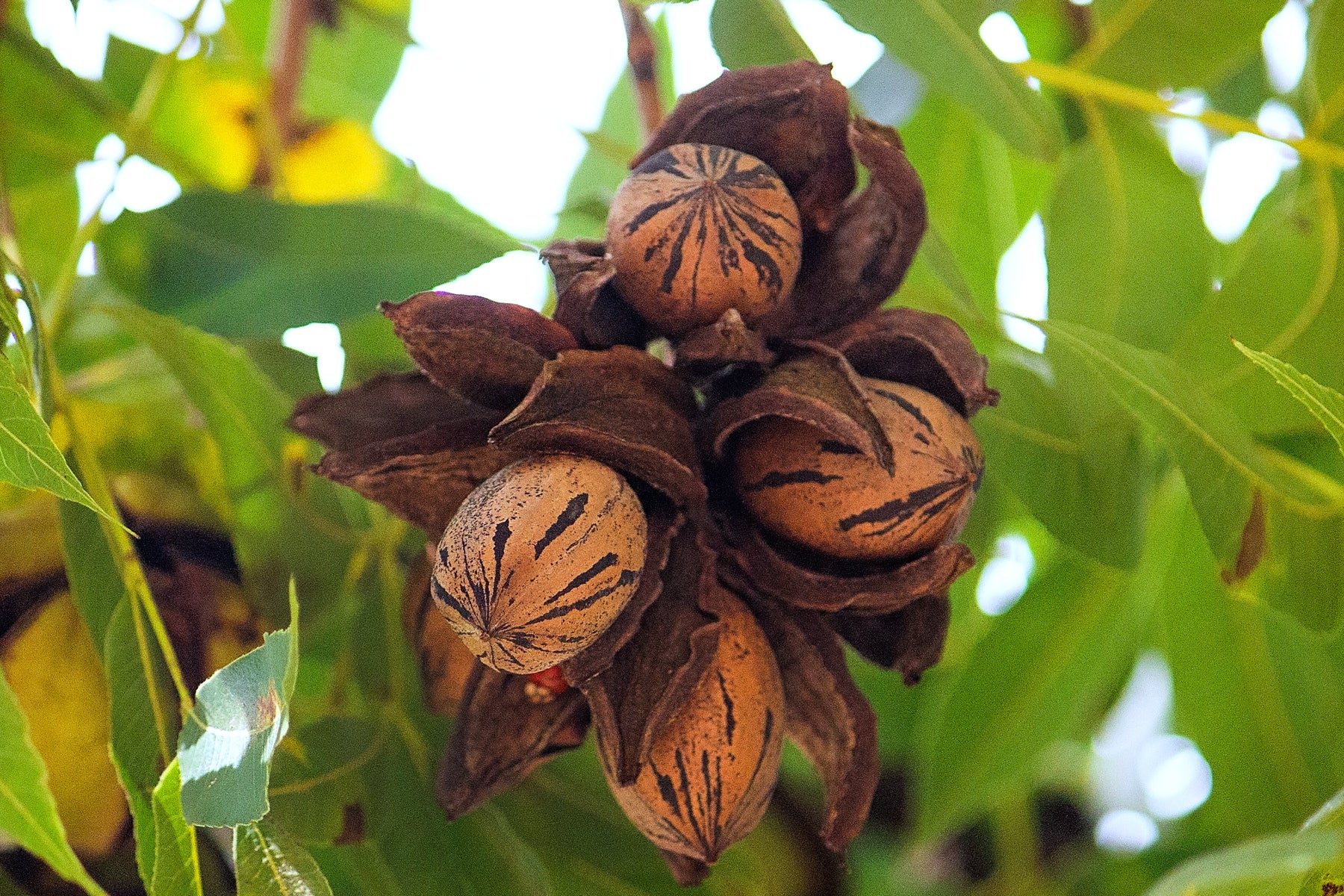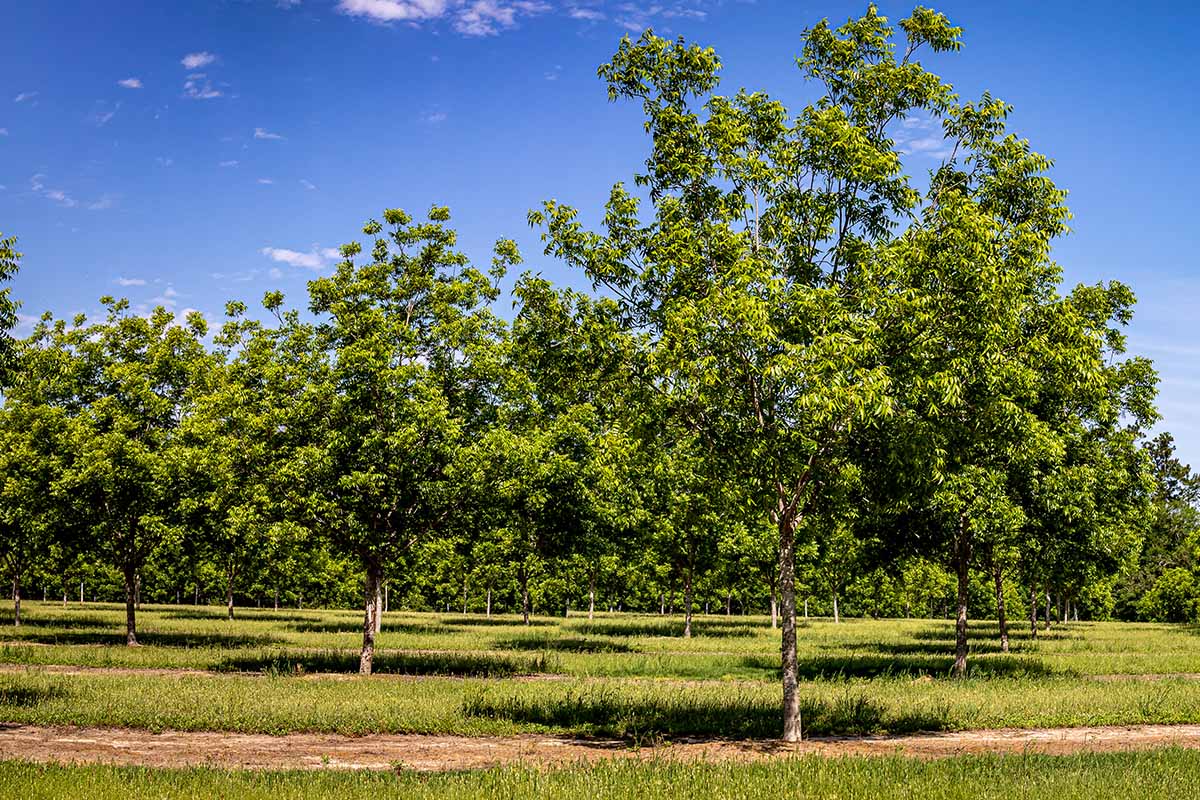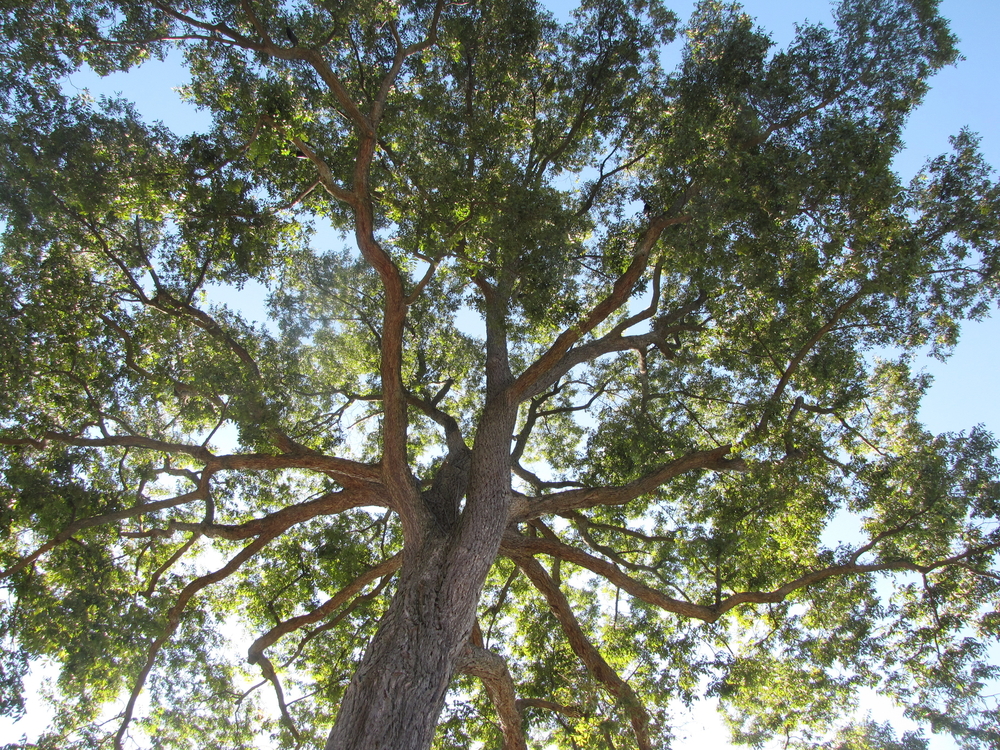Do you know what the official state tree is of Texas? If not, it’s the pecan tree! These trees can be seen all around the state and grow to be amazing, strong trees that provide so much for the community. Read along to find out why pecan trees are so cool and make a great tree for all of Texas!

Brief History
Pecan trees have been present in Texas for thousands of years as fossil records date the trees back to times before humans. They also have a large populations in North America as they are the only major nut tree that grows naturally here. The word “pecan” is a Native American name with its origin in the Algonquin tribe that described “all nuts requiring a stone to crack.” The pecan tree was used by Native Americans for the great fruit that it provides and they were also the first group to cultivate the pecan tree.

Specific to Texas, the pecan tree became the official Texas state tree in 1919 after a governor requested that one be planted at his grave. Even though it took this one instance for the tree to become official, they have been used all across the state for many years. Pecan cultivation has become big business in the state. Texas is the second largest producer of pecans in the United States and pecans generate over $200 million for the Texas economy each year.
Pecan Tree Facts
Pecan trees grow to be big and mighty with the ability to withstand all of the weird weather and temperature changes we have been seeing all across the state. These trees are great legacy trees because even though it takes 10-15 years for them to reach maturity, they can go on to live for 200-300 years. The typical pecan tree grows to be about 70-100 feet tall, but some of the biggest trees can grow to be 150 feet or higher! There are also over 1,000 different varieties of pecan trees with certain types of trees better suited to producing pecans in different regions across the state. Picking the best type for your area is important to ensuring a stable and long lasting tree.

The fruit of pecan trees are also a great addition to any diet because of the great nutrients they provide. The nuts are rich in fiber which helps with heart and digestive health, rich in phosphorus which aids in bone and teeth health, and rich in magnesium which can help lower blood pressure. The production of the fruit by the tree occurs in an alternate bearing pattern, meaning that while they do produce nuts every year, the trees tend to produce a large number of nuts one year, and a smaller amount of nuts the following year.
Community
I believe that large legacy trees like the pecan tree are extremely important for building strong relationships and community. One of my favorite memories with my cousins growing up was when we would go over to my grandparents house and collect pecans to use in all of the little games that we would play. Many fun games of grocery store with the pecans as money were turned into who can throw the pecan the highest on the roof as we watched it roll down. We always picked up the pecans at the end of our games to collect and shell for our grandparents who would then cook amazing desserts like pecan pie and strudel with a ancient family recipe.
These hallmark trees provided such great places for connection with those around me and helped build important relationships. Trees can use the tools of shade provision and fruit production to create spaces where people can gather to connect with each other on deeper levels. So next time you need to plant a tree that will last, plant a pecan tree. These amazing trees will provide much shade, food, and fun for years to come and maybe your tree will be the catalyst for more great relationships to grow!


